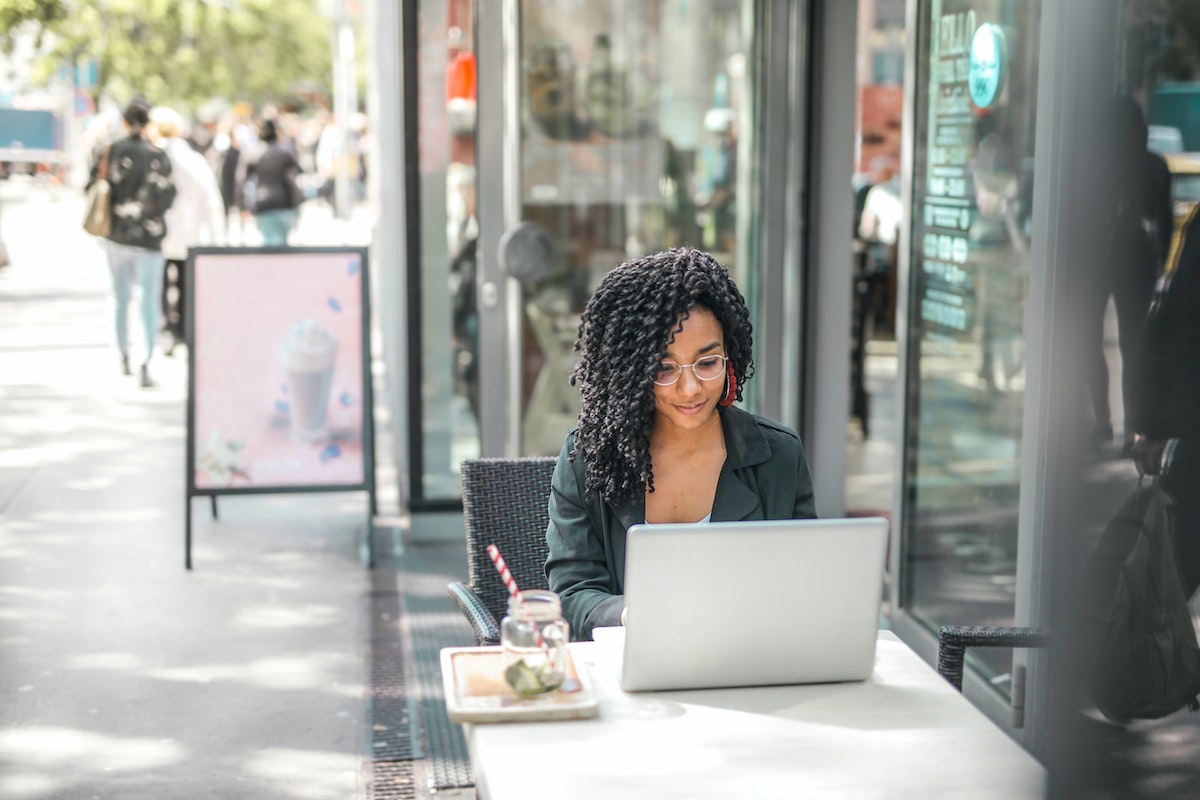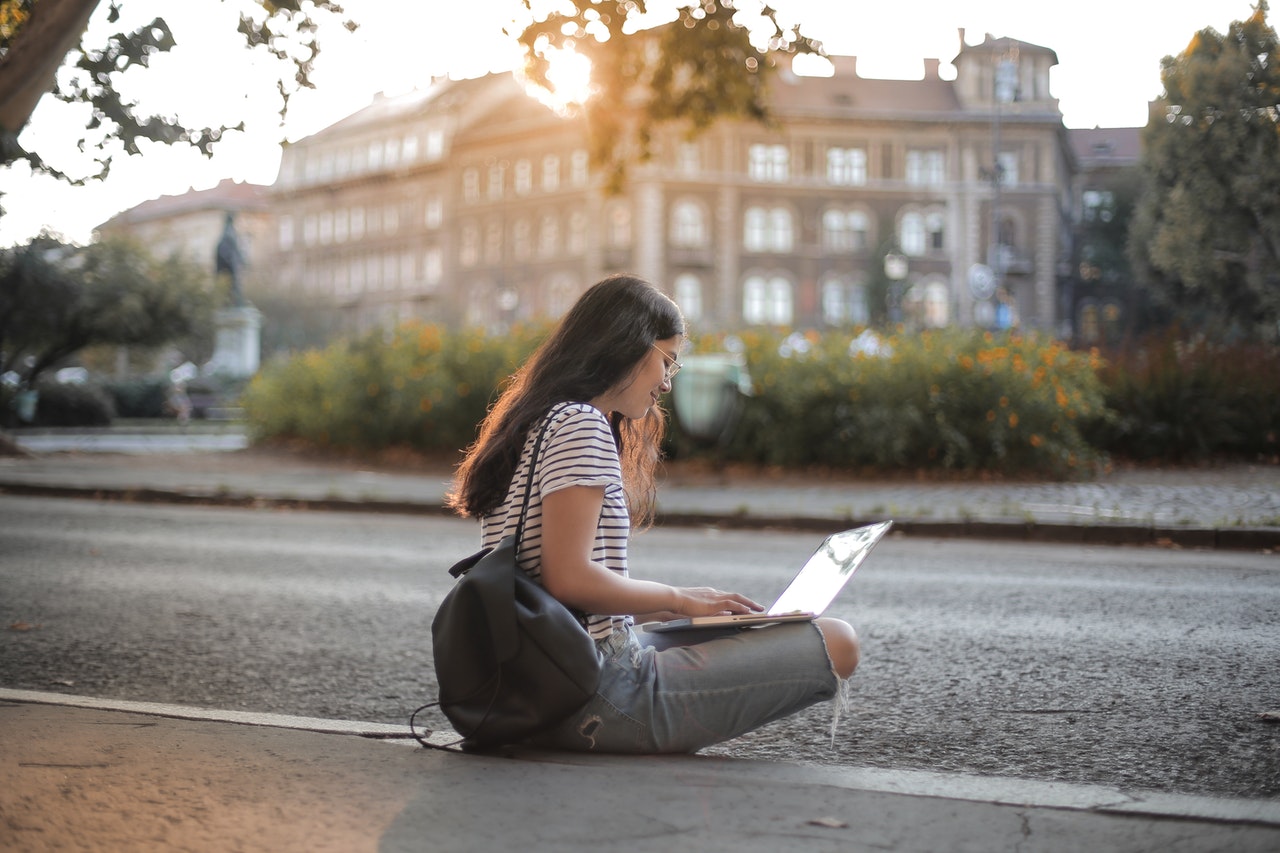Travel is an invaluable opportunity for cultural exchange and personal development, yet for female students balancing academics with travel can be challenging. Speedy paper reviews offer helpful resources that ensure academic success abroad so female students can focus more on experiencing new cultures and growing as individuals.

But female students may experience unique obstacles when traveling abroad, from safety concerns and cultural differences to logistical concerns. Recognizing these issues and adopting strategies to overcome them can enable female travelers to confidently navigate international journeys. In this article we’ll look at key problems female travelers experience when travelling internationally as well as suggest effective solutions.
1. Safety Concerns
Safety is of utmost concern for female students traveling internationally. Women, particularly solo travelers, are especially prone to harassment, theft, and worse. Studies show that female travelers face higher risks of pickpocketing, verbal harassment, or sexual assault if traveling alone in unfamiliar or poorly regulated areas.
Strategy to Address: In order to combat safety risks, female students should take proactive steps. Researching your destination before traveling, such as its safety profile and any areas to avoid is vital; joining online groups of female travelers or forums could offer invaluable tips and insights; using trusted transportation options such as registered taxis or rideshare apps instead of public transit can reduce exposure to potentially risky situations.
Carrying self-defense tools such as pepper spray (when legally permissible) and notifying a trusted person of their itinerary and contact details can give students peace of mind when traveling alone at night in unfamiliar cities or neighborhoods. Female students should avoid traveling late at night alone and instead stay in well-populated, secure locations when exploring unfamiliar cities or neighborhoods.
2. Cultural Differences and Social Norms
Female students studying abroad may face issues associated with cultural differences and social norms which differ dramatically from their home country. Some cultures impose greater limitations on women, making female travelers feel alienated from activities that would normally be acceptable back home, such as wearing revealing clothing or engaging freely with men.
Strategy to Overcome: Before embarking on an overseas trip, female students should educate themselves on the cultural expectations and gender norms of their destination country. Being aware of local customs such as appropriate dress codes and behavior may help avoid unwanted attention or uncomfortable situations; some countries require conservative clothing when visiting religious sites or rural areas.
Respecting local traditions while upholding personal boundaries is of the utmost importance for female students studying abroad. They should feel empowered to speak up when something crosses their comfort threshold and connect with local women or expat communities for insights on how best to navigate cultural differences smoothly.
3. Language Barriers
Language barriers can present significant challenges for female students traveling internationally, leading to miscommunication and ultimately disappointment and frustration. One strategy to overcome language barriers: learning the basic phrases such as “hello,” “please,” and “thank you” before arrival can ease daily interactions; apps such as Duolingo or Google Translate offer quick translations, while visual aids like maps or gestures help facilitate effective communication. Additionally, joining language classes or finding a local language buddy can help students integrate and feel more comfortable navigating the language barrier.
4. Health and Hygiene Concerns
Female students traveling internationally often face unique health and hygiene challenges when faced with sanitation standards different from those in their home country. Female travelers may also face issues accessing menstrual products or meeting specific hygiene needs when visiting countries with limited resources or healthcare services.
Strategy to Overcome: Female students traveling internationally must plan in advance to address health and hygiene concerns. Packing a personal hygiene kit containing menstrual products, hand sanitizers, and disinfectant wipes may even be essential in regions without access to clean facilities! In addition, having an emergency first aid kit with basic medications for headaches, digestive issues or menstrual cramps in hand will reduce stress should any unexpected situations arise during travel.
Female students traveling abroad should consult with a healthcare provider prior to leaving home to ensure they have all necessary vaccinations and medications for the country they will visit. Investigating healthcare facilities, and emergency numbers, and accessing their health insurance abroad will give them peace of mind when traveling overseas.
Female students studying abroad should immediately seek medical assistance in case they fall ill or are injured while abroad; it’s always better to be overprepared rather than put yourself into an awkward or unsafe health situation.

5. Financial and Logistical Challenges
Navigating international travel can be daunting for students on tight budgets, from currency exchange and banking systems to unexpected expenses that add extra strain; further complicating plans further are logistical obstacles such as finding safe accommodation at an affordable rate or understanding unfamiliar transportation systems.
Strategy to Overcome: One effective method for meeting financial and logistical challenges is through careful planning. Female students should create a budget covering accommodation, meals, activities, emergency funds, and travel-specific credit or debit cards with competitive exchange rates and fraud protection can reduce cash-carrying needs; booking accommodations near transportation hubs in advance will further lessen worries; familiarizing oneself with local transportation systems while keeping copies of documents such as passports and visas safely stored is another effective strategy to keep oneself secure and provide peace of mind.